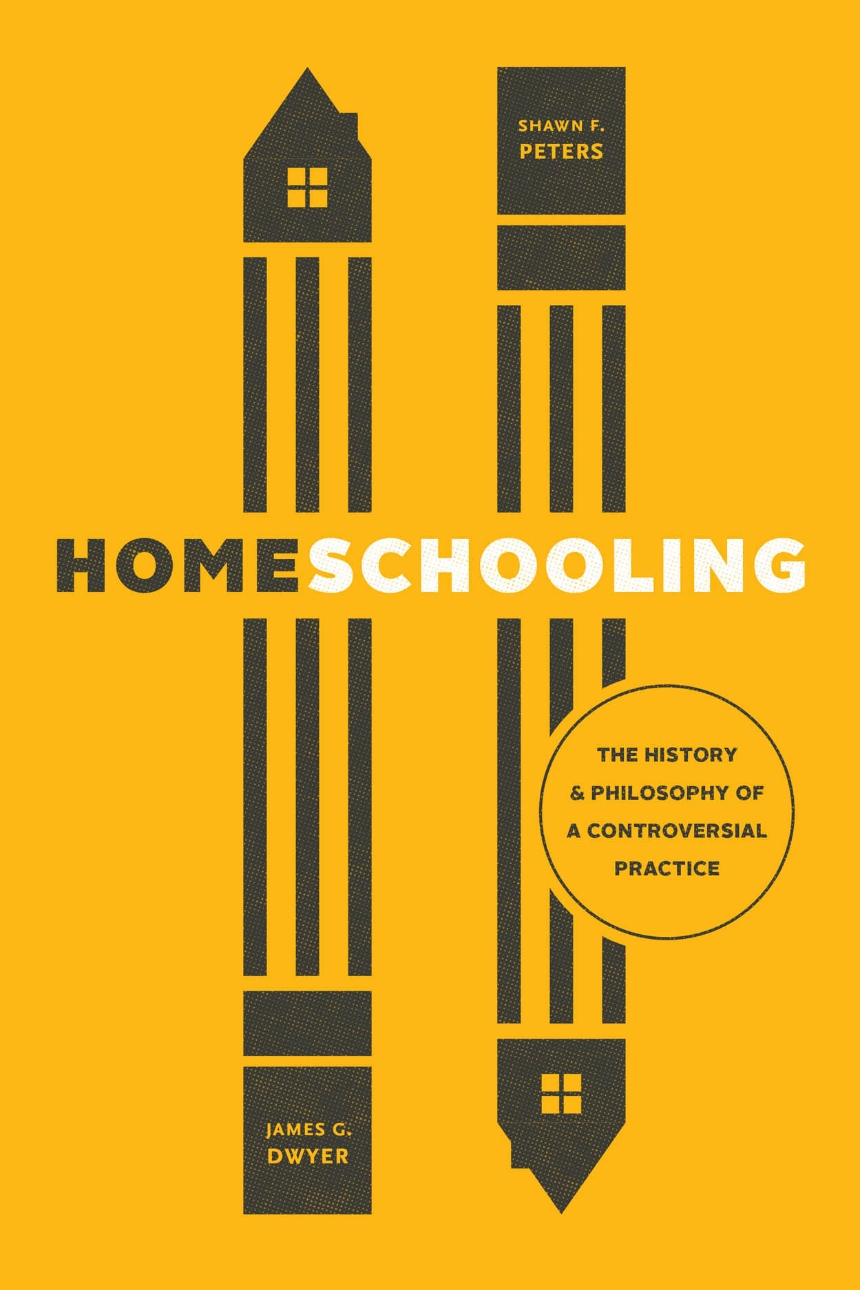Homeschooling
The History and Philosophy of a Controversial Practice
9780226627250
9780226627397
9780226831657
Homeschooling
The History and Philosophy of a Controversial Practice
In Homeschooling: The History and Philosophy of a Controversial Practice, James G. Dwyer and Shawn F. Peters examine homeschooling’s history, its methods, and the fundamental questions at the root of the heated debate over whether and how the state should oversee and regulate it. The authors trace the evolution of homeschooling and the law relating to it from before America’s founding to the present day. In the process they analyze the many arguments made for and against it, and set them in the context of larger questions about school and education. They then tackle the question of regulation, and they do so within a rigorous moral framework, one that is constructed from a clear-eyed assessment of what rights and duties children, parents, and the state each possess. Viewing the question through that lens allows Dwyer and Peters to even-handedly evaluate the competing arguments and ultimately generate policy prescriptions. Homeschooling is the definitive study of a vexed question, one that ultimately affects all citizens, regardless of their educational background.
256 pages | 6 x 9 | © 2019
History and Philosophy of Education Series
Education: Education--Economics, Law, Politics, Education--General Studies, Philosophy of Education, Pre-School, Elementary and Secondary Education
Reviews
Table of Contents
Introduction
Chapter One: Early Homeschooling
Chapter Two: The Birth of Modern Homeschooling
Chapter Three: Homeschooling Comes into Its Own
Chapter Four: Common Themes and Disparate Concerns
Chapter Five: The State’s Role and Individuals’ Rights
Chapter Six: Getting Facts Straight
Chapter Seven: The Regulation Question
Conclusion: Past, Present, and Future in the Real World
Bibliography
Index
Chapter One: Early Homeschooling
Chapter Two: The Birth of Modern Homeschooling
Chapter Three: Homeschooling Comes into Its Own
Chapter Four: Common Themes and Disparate Concerns
I. Ruling Out Extreme Views
II. From Practice to Policy
II. From Practice to Policy
Chapter Five: The State’s Role and Individuals’ Rights
I. Dispelling the Illusion of State Nonintervention
II. Beginning Right
II. Beginning Right
A. Where to Find General Principles Relevant to Children’s Schooling?
B. Foundational Assumptions
B. Foundational Assumptions
Chapter Six: Getting Facts Straight
I. Schooling and Basic Human Goods
A. Cognitive/Intellectual Development
B. Knowledge and Beliefs
C. Social Interaction
D. Identity Formation
E. Family Relationships
F. Physical, Psychological, and Emotional Security
G. Equality
B. Knowledge and Beliefs
C. Social Interaction
D. Identity Formation
E. Family Relationships
F. Physical, Psychological, and Emotional Security
G. Equality
II. Exceptional Children
Chapter Seven: The Regulation Question
I. Where to Begin?
II. Interests That Could Justify Forcing Children to Leave Home
III. Is Regular School Attendance Necessary to Protect Those Interests of Children?
II. Interests That Could Justify Forcing Children to Leave Home
III. Is Regular School Attendance Necessary to Protect Those Interests of Children?
A. Prohibition or Permission?
B. On What Conditions?
C. Remediation
B. On What Conditions?
C. Remediation
Conclusion: Past, Present, and Future in the Real World
Bibliography
Index
